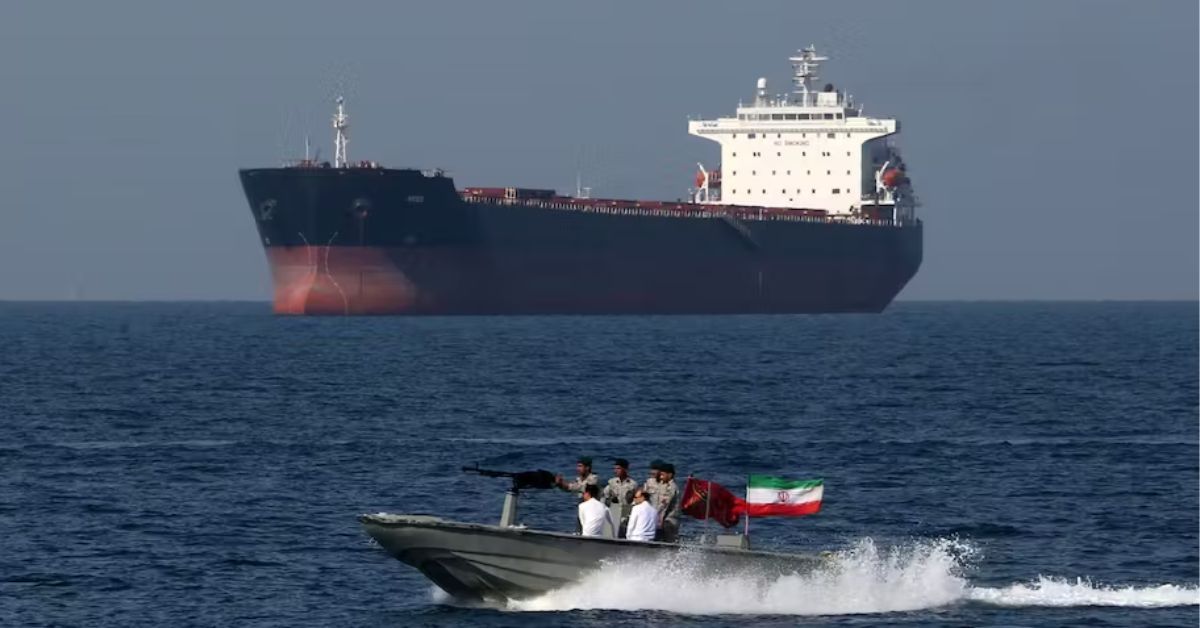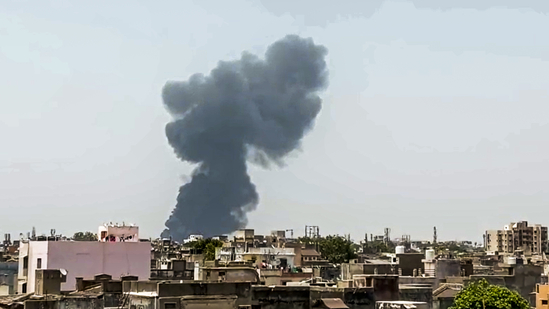Introduction
In a sudden policy shift, India has revoked a significant transshipment agreement with Bangladesh, leading to immediate logistical disruptions at the Petrapole-Benapole border. On Wednesday, four export trucks from Bangladesh were turned back by Indian authorities after India’s Central Board of Indirect Taxes and Customs (CBIC) officially cancelled the long-standing transshipment facility. This unexpected move marks a major development in cross-border logistics and trade between the two neighboring nations.
Background of the Transshipment Agreement
On 29 June 2020, Bangladesh was granted the right to use Indian customs stations for transshipment of goods to third countries via Indian ports and airports. This landmark agreement allowed Bangladeshi exporters to send their consignments to other global destinations by leveraging India’s extensive transport network, including seaports and airports, thereby enhancing trade flexibility and reducing logistical costs.
Cancellation and Immediate Action
However, as per a recent letter issued by the Indian Ministry of Finance to customs authorities, the transshipment arrangement has now been cancelled. This decision was swiftly enforced at Petrapole port—the largest land port on the India-Bangladesh border.





 >
>












 Business Care Solutions
Business Care Solutions